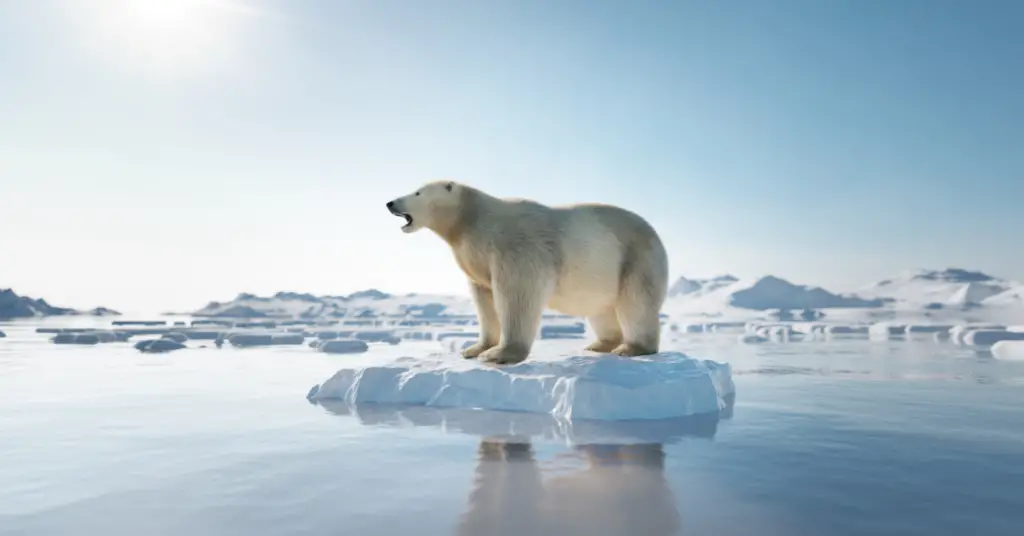We can already see evidence of how climate change is affecting wildlife by disrupting migrations and mutualistic relationships that were developed over thousands of years.
Seychelles’ Aldabra banded snail was once thought to be one of the world’s first species pushed to extinction by climate change. Luckily, a small isolated population has been discovered, offering conservation biologists a second chance to ensure this species’ survival.
Species that are highly mobile are not entirely spared from the negative impacts of climate change. Consider migratory species for a moment. In the same way the musicians of an orchestra rely on a conductor to remain synchronized, migratory species rely on environmental cues, such as day length and temperature, to decide when they need to start moving from one area to the next.
But because different species rely on different environmental cues to time their life cycles (e.g. breeding), not all species will adjust to climate change at the same rate. There is consequently a high likelihood that climate change will disrupt these synchronous movements that the animal kingdom has developed over thousands of years.
This disruption of timed aspects of a species’ life cycle, such as migration and breeding, is called phenological mismatch or trophic asynchrony. Researchers have already seen signs of phenological mismatch: some migratory birds that overwinter in Africa have started to migrate to their European breeding grounds at earlier dates than before. If these trends hold, they may soon start breeding before peak food availability, which could lead to lower fitness of offspring.
Resident species are also vulnerable to phenological mismatch. While these species might not be known for large-scale movements around the globe, they may still have to adjust their ranges to keep track of their climatic niches. Considering the improbability of different species will adapt at the same pace, there is thus a danger that important mutualistic relationships might be pulled apart these during range adaptations.
This is of concern for species with specialised feeding niches, as seen in some pollinators. For example, studies from South Africa have shown how necessary range adjustments under climate change threaten both sunbirds—which show low adaptability—and their host plants, if specialized pollinator niches are left vacant.
Extinctions arising from this decoupling of mutualistic relationships are referred to as coextinction, while a series of linked coextinctions is called an extinction cascade.

Erzsebet Frey (Eli Frey) is an ecologist and online entrepreneur with a Master of Science in Ecology from the University of Belgrade. Originally from Serbia, she has lived in Sri Lanka since 2017. Eli has worked internationally in countries like Oman, Brazil, Germany, and Sri Lanka. In 2018, she expanded into SEO and blogging, completing courses from UC Davis and Edinburgh. Eli has founded multiple websites focused on biology, ecology, environmental science, sustainable and simple living, and outdoor activities. She enjoys creating nature and simple living videos on YouTube and participates in speleology, diving, and hiking.

